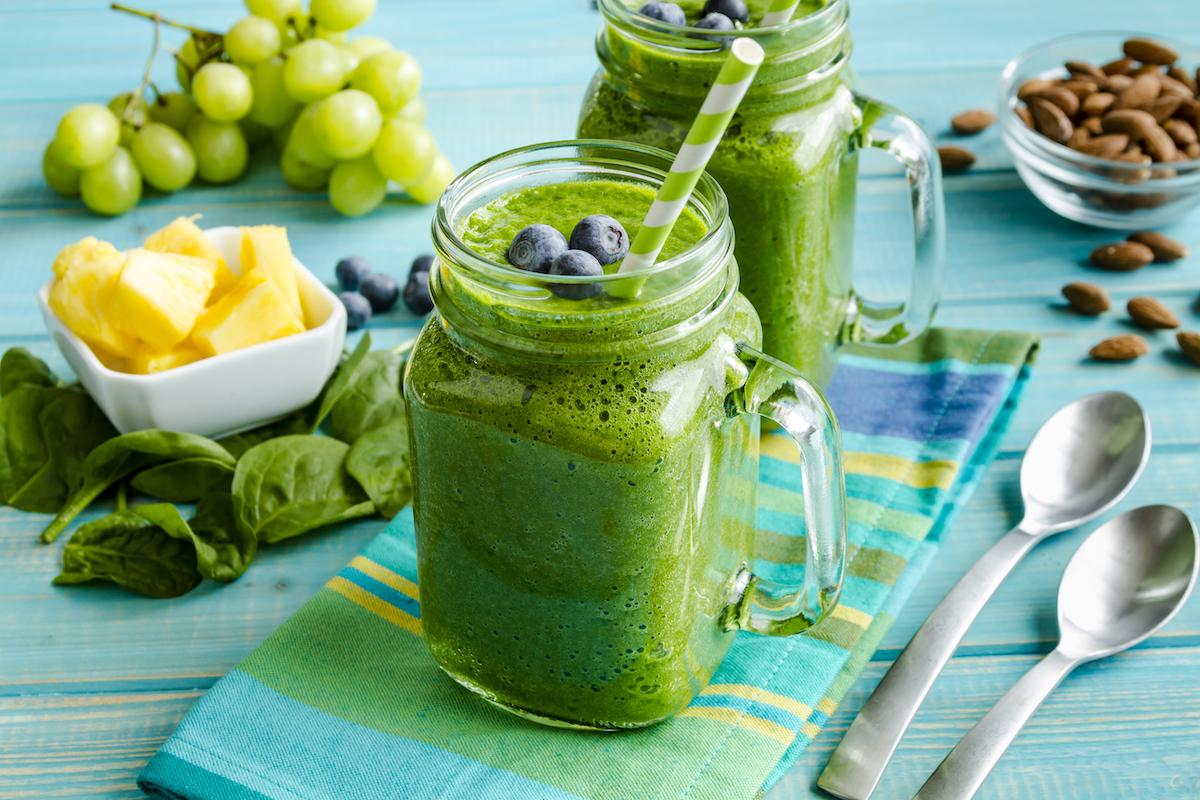What’s the secret to luminous, glass skin? Well, it’s not the expensive cream you slather on your face as you stand in front of your bathroom vanity every night or the painful facial treatment you get every week.
The trick to revealing the natural radiance of your skin is to commit to a plant-based diet. Taking out certain food groups from your everyday meals will work wonders for your body. Your incurable psoriasis, your hormonal acne, and your oily skin might even slowly disappear in two weeks.
So, how powerful is veganism in transforming your skin? What is the science behind this beauty secret? Here are three reasons why adapting a plant-centered diet can improve your overall appearance:
Dairy: An Acne Culprit
When you transition to a vegan lifestyle, you have to say goodbye to a queue of dairy products, namely, milk, cheese, ice cream, butter, coffee creamer, and yogurt.
This might be a difficult first step, but throwing out these food products is the best decision you’ll ever make. You have to realize dairy has negative effects on your body. It throws off your hormones, causing serious acne problems.
We, humans, naturally have growth hormones or insulin-like growth factor-1 (IGF-1) coursing through our blood. IGF-1 is also found in dairy items. So, if we consume large doses of dairy, it significantly increases the amount of IGF-1 in our body. This increases sebum production, resulting in clogged pores and inflammation.
Dairy also contains whey and casein, which can also amp up the levels of IGF-1 in the body. Aside from that, these milk proteins allow the release of androgen, which are hormones that mess with the normal functions of our oil glands.
Truly, there are certain components in milk that negatively impact humans’ natural internal processes. But once you stop indulging in dairy products, you will see reduced inflammation and breakouts on your face and body.
Luckily, there are plenty of dairy-free alternatives in the market right now. You can fill your shelves and fridges with oat milk, vegan butter, almond yogurt, dairy-free creamer, and nut cheese instead. They might not taste exactly like dairy, but these vegan options are more filling and more nutritious.

The Bad Side of Meat
Wolfing down large portions of red meat and processed food can ruin your chances of having beautiful skin, so you should avoid these types of protein.
Adopting a lifestyle of clean eating means you must be able to let go of your love of beef, chicken, and pork. But how bad is meat for your skin, you might ask.
These animals—most especially cows—are often injected with artificial hormones and antibiotics. When these substances interact with your body, it confuses the endocrine system and results in health problems that manifest in your skin.
Not only that, according to research, animal protein also contains high levels of leucine, which can overstimulate the mammalian target of rapamycin complex 1 (mTORC1). The increase in mTORC1 results in inflammation and excessive production of sebum and androgen hormones in our body.
If you’re having skin problems right now, you might want to slow down on your meat intake or just stop for good. You will surely feel the results of clean eating after a few weeks.
However, without meat, where else can you get your much-needed protein serving? Well, you can replace meat with healthier proteins like tofu, tempeh, beans, and legumes. Numerous brands imitate the look, texture, and taste of meat, so it’s safe to say you won’t be missing the taste of burger after going vegan.
Go for Glow Food
There’s a reason they’re called glow food. Fruits and vegetables are your best defense against skin problems such as acne, rashes, and aging skin. It’s packed with vitamins and nutrients that you can’t get from other food groups.
Fresh harvests provide you with high doses of antioxidants, which are enzymes that banish free radicals that cause damage to your skin. Some also claim that antioxidants help control the overproduction of acne-causing sebum. If you want to see just how effective this enzyme is, make your meals plant-centered and incorporate a lot of pumpkins, carrots, kale, mango, and spinach.
Meanwhile, studies suggest loading up on vitamins A and E can also help reduce acne. These vitamins can control inflammation and oil buildup. So, on your next trip to the grocery store, pick up some vitamin-rich items like spinach, carrot, tomato, sweet potato, and watermelon for a change.
Aside from that, these all-natural treats also contain zinc, which protects the skin from free radical damage and collagen breakdown. It can also reduce the appearance of acne scars because of its healing properties. In addition, it keeps pimples at bay as it regulates inflammation. You’ll find zinc mainly in mushrooms, broccoli, okra, and green peas.
Fresh produce is definitely packed with nutrients that will enhance your skin’s overall beauty. Unlike meat and dairy that can cause damage, transitioning to a plant-based diet can draw you closer to a plumper and more radiant skin.
The bottom line is, you have to be mindful of what you put in your body. It is not like a house you can smear with coats of new paint or refurbish with new flooring to hide the damage.
Your skin says a lot about you and your health. So, if you want to look your absolute best, start with what you eat.

